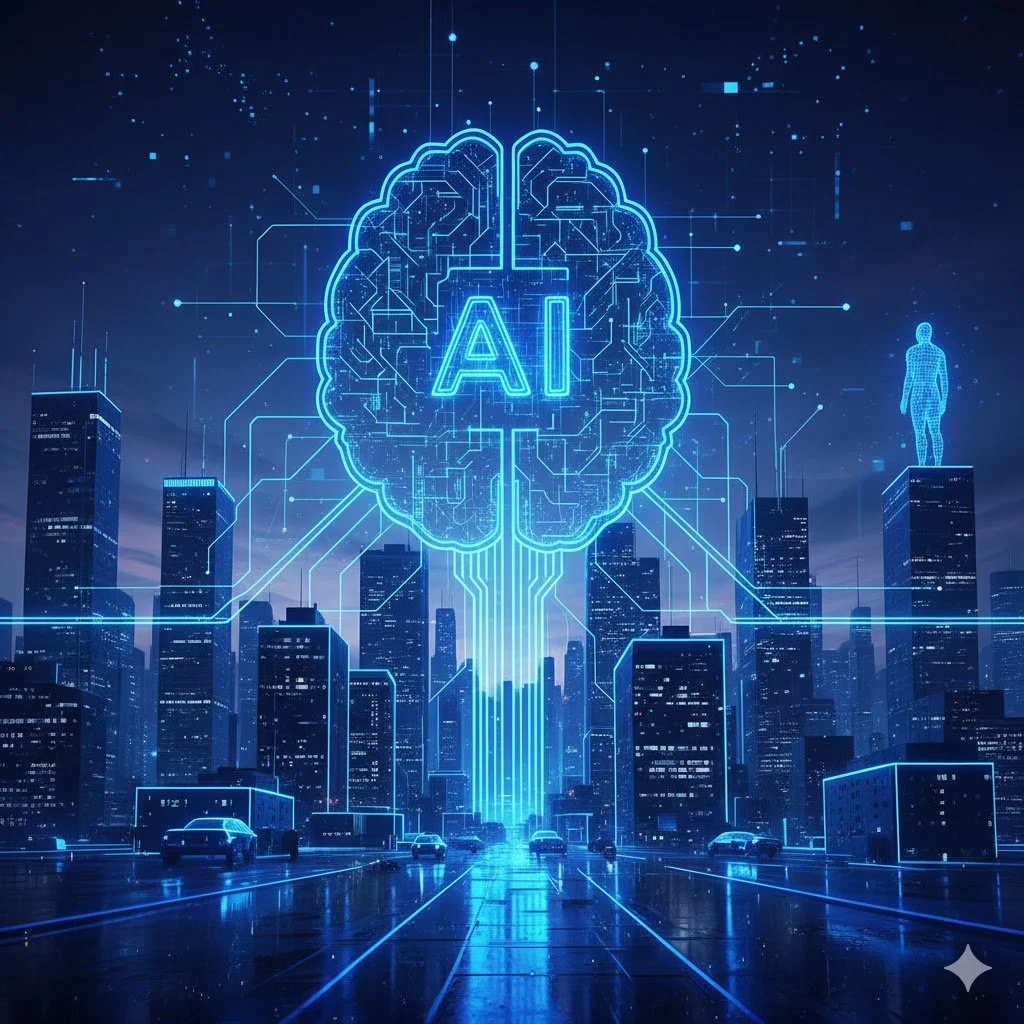For B2B marketers, authority — not traffic — defines growth in the age of AI.
Summary
The traditional B2B marketing playbook, focused on driving high volumes of organic traffic through keyword ranking and traditional SEO, is becoming obsolete due to the integration of generative AI into search engines (e.g., AI Overviews). AI prioritizes providing direct, synthesized answers, leading to an increase in "zero-click" searches and a projected drop in traditional organic traffic.
To thrive in this new environment, B2B marketers must adopt a new approach:
Focus on Authority: Success is now defined by becoming a trusted, citable source for both human buyers and AI models. This requires adhering to principles like E-E-A-T (Experience, Expertise, Authoritativeness, and Trustworthiness).
Create Enterprise-Grade Content: Marketers must invest in in-depth, original research and content that adds unique value. This positions the brand as a thought leader and is favored by AI algorithms seeking credibility over superficial keyword matches.
Optimize for AI: Content must be structured for machine readability (Answer Engine Optimization/AEO) using clear logic, schema markup, and robust author attribution so that AI can easily understand and accurately cite the brand's expertise.
Prioritize Value over Volume: The goal is high-value interactions and revenue impact, displacing vanity metrics like clicks. AI is being integrated for ethical personalization at scale and better lead scoring to prioritize high-intent accounts.
https://martech.org/ai-search-is-collapsing-the-b2b-buyer-journey/

